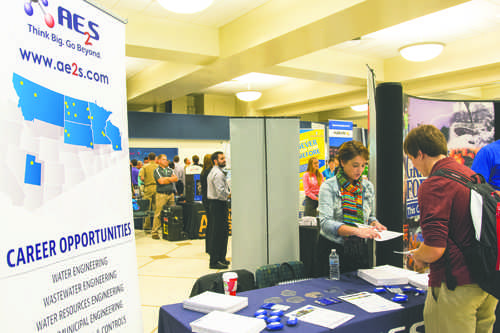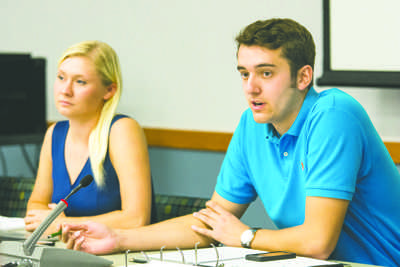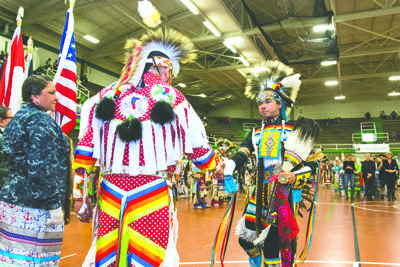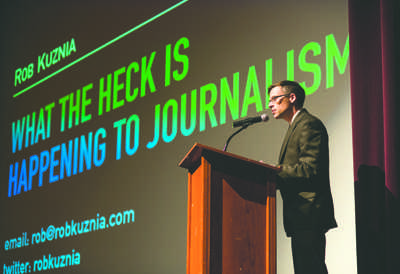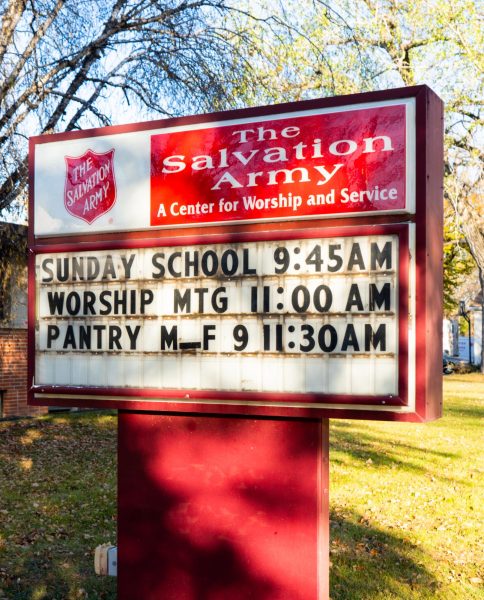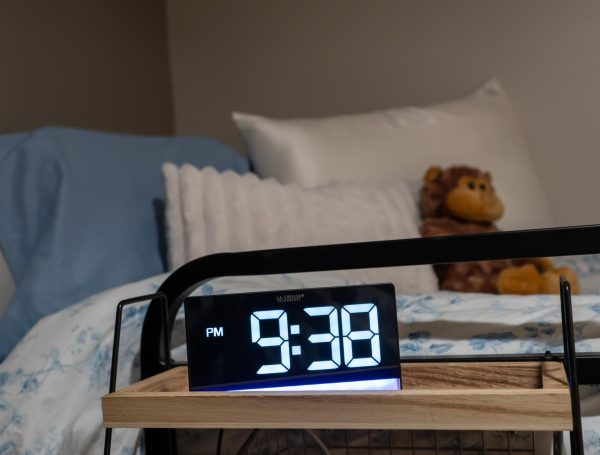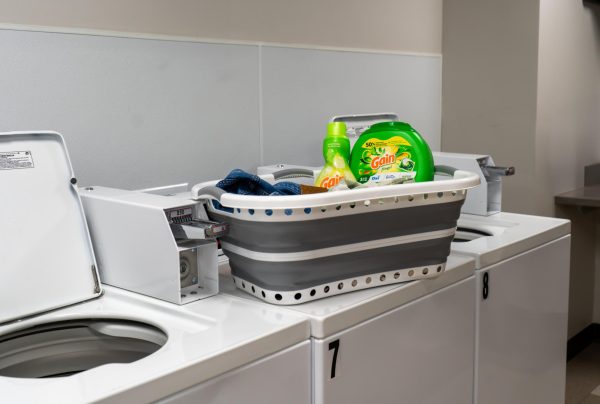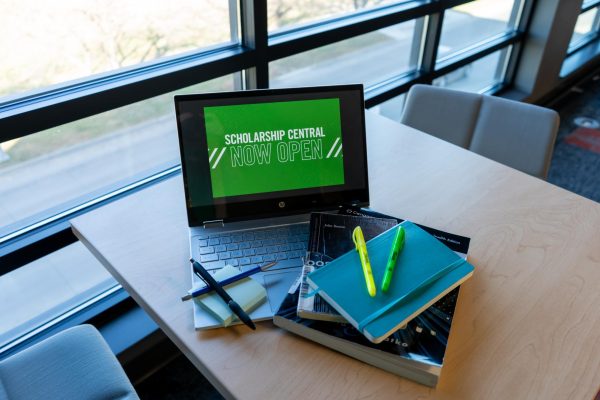Classes are just the beginning
Internships and work experience add value to traditional learning in the classroom. File Photo/The Dakota Student
It’s my last semester of college, and I’m faced with the terrifying task of finding a job. I practice my elevator speech. I write and rewrite my cover letter. I add and subtract from my resume. I’ve been told that I should only include experiences that are relevant to the desired job, and that no one resume fits all.
Because I’m looking to work in journalism, publishing or some related field, it’s natural that I should cite any applicable work I’ve done. But do I have enough? I know I’m not the only person thinking this right now. I hear other students ask, “How do I get experience if I don’t already have experience?”
In a few months, I’m going to be one of many Bachelor of Communication graduates applying for jobs. What is it that will hopefully set me apart from the rest? There’s nothing special about me in relation to my peers, and I don’t come from a long line of hard-hitting journalists.
What I do have, though, is a little experience.
During the last four years I’ve made it a point to gain resume-building experiences in hopes that they would one day pay off in the form of a degree-related job. While looking forward to my possible career, I took on extra roles — sometimes for no pay — to learn the ropes and make myself more employable.
And it all started with an email. Four years ago, as a freshman at Williston State College, I got a message from my English professor announcing an intern writing position at the school’s alumni magazine. I noticed the email was addressed to only three students, so I asked myself what it was that put me on Mr. Stout’s shortlist. Maybe he saw promise in me? Or maybe he knew I’d appreciate the nod and run with it. Either way, I applied immediately
I got the internship and worked with the magazine for four semesters. I learned a lot about interviewing people, writing articles and meeting deadlines, things that would help me when the next opportunity came up.
Some time in my sophomore year, a supervisor’s colleague needed an extra person to write press releases — and it paid. When she contacted me to mention the job, she said four words that any journalist cutting his teeth would love to hear: “Your name came up.”
Again, I don’t credit this to exceptional skills or extreme smarts. I simply had made a good impression by taking a chance and doing my best.
So, there I was in my second year of college and already a professional writer. I made more contacts and even took on new accounts as a freelancer. This kept me busy until the aforementioned Mr. Stout forwarded me another opportunity. This time, the editor of a small local newspaper needed writers, and he was willing to hire college students. Myself and one other student were hired, and because I already had some experience, I was given more articles, including ones that landed on the front page.
I transferred to UND after two years at Williston State. I knew I needed to get to work right away, so I watched for openings around campus. The first one I noticed was for an intern position at North Dakota Quarterly, the literary journal based at UND. My background wasn’t exactly tailored to the position, but I knew I had found success stepping out of my comfort zone before. I had the confidence to apply.
I got the position at NDQ and worked there all last year. I was an editorial intern, and I learned a lot about the publication process. I even had the chance to edit a special issue of NDQ, so I now have another tangible thing to show to possible employers, proof that I can see a project through from conception to publication.
How important are internships for college graduates? Well, according to Ilene Odegard, director of Career Services at UND, extremely. At a conference for career services professionals several years ago, she found out just how big of a difference internships can make.
“I learned that a graduating senior who had completed one to two internships would have a 62 percent better chance of landing the job of their dreams,” Odegard said. “Last year, that statistic jumped to 80 percent.”
That 80 percent figure is promising, but students shouldn’t stop there. Relevant job experience can only add to that figure.
I’m starting the semester as the new features editor here at the Dakota Student. I’d like to think that my previous experience was helpful in my getting hired, and I’m excited to see how I can apply what I’ve learned up to now.
For those struggling to find things to put on their resumes, it’s important to take that first step. Intern somewhere. Get a job in a related field, even if there are higher-paying alternatives. And for those who have done more than I have, I hope we’re applying for different jobs.
It’s surprising how many doors open after putting oneself out there. And it’s not hard. Sometimes it’s as simple as answering an email.
As I look back on the last four years, I now breathe a little more easily. I know I’ve done more than the bare minimum. Sure, I’m wondering if I should have done more, but I’m content in knowing I have something to work with. At least the idea of hunting for a job isn’t quite so terrifying anymore.
Lucas Amundson is the features editor for The Dakota Student. He can be reached at [email protected]


